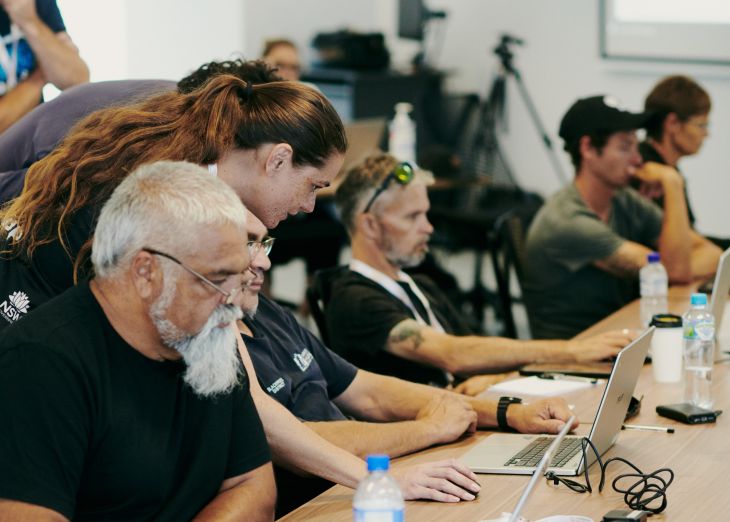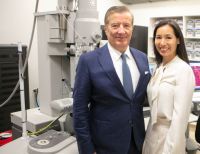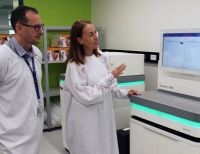
The University of Melbourne’s Wilin Centre for Indigenous Arts and Cultural Development is hosting the first Indigenous Mapping Workshop Australia (IMW) to be held in the South-East of Australia as part of its Reconciliation Week activities.
Since 2018, IMW Australia has empowered Indigenous-led organisations to use digital and geospatial tools to collect, host, visualise, share, and publish maps to support their various community objectives. The workshop provides culturally appropriate and inclusive training to build the capacity of Indigenous communities to use mapping tools and skills to visualise their connection to Country.
Leading the workshop is University of Melbourne PhD candidate and Managing Director of Indigenous organisation Winyama, Andrew Dowding. From the Ngarluma community in the Pilbara region of Western Australia, Dowding works closely with Indigenous communities to preserve song traditions and language through his research.
Andrew Dowding said these workshops support participants to thrive in the digital age:
“Our workshops aim to empower Indigenous Australians to take part in the digital economy, ensuring our communities have strong digital skills to safeguard the knowledge of our ancestors and manage their legacy in a sustainable, Indigenous way,” Dowding said.
“Currently, Indigenous ranger programs are an unrecognised pathway into the digital economy. Through our initiatives, we’re helping Indigenous rangers emerge as digital workers equipped with the skills needed to make the changes they want to see in the care of their lands and waters.
“We're delighted to work with such a trusted and respected organisation as the Wilin Centre to deliver this important activity for First Nations people.”
During the four-day immersive event, attendees will engage in hands-on workshops with experts in tools like Google Earth, QGIS, Mapbox, Fulcrum, and drone mapping technologies, gaining the necessary skills to make informed decisions about their lands, waters, and digital data management. In addition to practical workshops, participants will attend sessions on traditional land use, environmental monitoring, and inter-generational knowledge transfer, as well as presentations by representatives from Google and NASA.
The IMW is explicitly tailored for members of, or individuals working directly with, Aboriginal and Torres Strait Islander communities or organisations within Australia. This typically includes Indigenous Ranger Groups, Native Title organisations, as well as Arts, Language, and Cultural Centres.
Through its comprehensive training programs, IMW Australia unlocks the stores of cultural information gathered throughout the native title process and provides those working in Aboriginal Heritage Protection with a powerful communication tool for discussions with government and industry.
The technology also serves as a fundamental means of safeguarding languages and culture by mapping dreaming, places, burial sites, and birthplaces. For those managing Australia’s National Parks, it offers a means of recording and tracking weeds and detecting feral animals.
Dowding said he had seen the significant benefits of digital mapping tools in the hands of Indigenous-led organisations
“Organisations are using these technologies to assess the health of marine ecosystems and vegetation, as well as illustrate the effects of climate change on Country,” Dowding said.
“This work highlights the deep connections Indigenous people have with Country and reminds all Australians of the responsibility we share to protect our environment, today and into the future.”
Head of the University of Melbourne's Wilin Centre, Tiriki Onus (Yorta Yorta and Dja Dja Wurrung), said the Centre is excited to be hosting IMW Australia this year.
"It's an incredible privilege for us to host this important workshop and to play such a significant role in knowledge-sharing and networking among Indigenous people across Australia,” Onus said.
“The Wilin Centre's unique convening power for community engagement, research, and our focus on innovation and new technologies, positions us as a key player in driving positive change for First Nations people."
The IMW will run at the University of Melbourne’s Wilin Centre from 30 May to 2 June.
Visit the Indigenous Mapping Workshop Australia website and explore the benefits these workshops offer for individuals and organisation.














